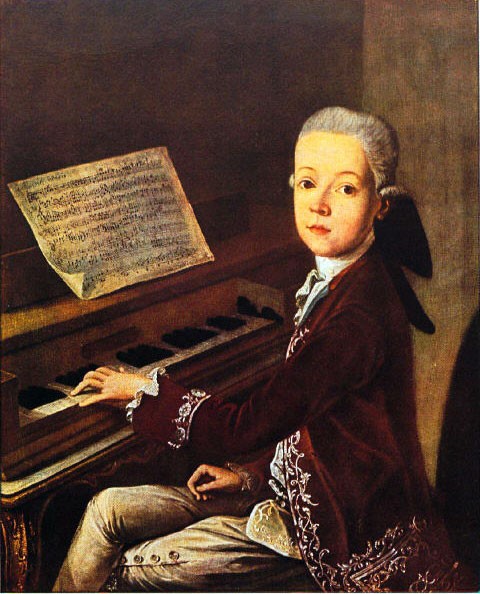Music History
Homework Help & Tutoring
We offer an array of different online Music History tutors, all of whom are advanced in their fields and highly qualified to instruct you.
Music History
The formal study of music began with the ancient Greeks and has continued, without pause, into modern times. Music history, or musicology, is an incredibly broad field that can be broken down into any number of subjects and specialties: medieval music, Renaissance music, opera, jazz, popular music, instruments, and ethnomusicology. It can be helpful to narrow your search parameters before you begin research, and there is a page of the American Musicological Society website that has a lot of helpful links, broken down by topic.
Music, along with poetry and literature, is considered to be a fine art form. One of the earliest discovered art forms, we believe that the auditory art of music has its roots in prehistoric Indian and Chinese culture.
The early development and production of music differs greatly from what we know and recognize as music today. The earliest incarnation of music seems to have been in the form of flutes carved from the bones of animals, and archaic versions of drums.

To many, music is the production of sound. Contemporary definitions of music, however, describe it as the combination of silence and sound. Music utilizes common elements such as pitch, rhythm, cadence, and rests to create harmony and rhythm.
The history of music is a study of the development of music, as well as its societal, religious and cultural contributions. How did music initially develop, and for what purpose? What drives us as human beings to create beautiful sounds, and what stimulates us to intuitively understand concepts such as tempo, rhythm and pitch? For students looking to gain a deeper understanding of the world of music and the role it has played in our development, music history is the first step to take on this journey.
To begin your learning, we recommend the resource below.
All students interested in music history should check out MIT's free online courses. Start with Early Music and go from there.
To fulfill our tutoring mission of online education, our college homework help and online tutoring centers are standing by 24/7, ready to assist college students who need homework help with all aspects of music history. Our music tutors can help with all your projects, large or small, and we challenge you to find better online music history tutoring anywhere.
College Music History Homework Help
Since we have tutors in all Music History related topics, we can provide a range of different services. Our online Music History tutors will:
- Provide specific insight for homework assignments.
- Review broad conceptual ideas and chapters.
- Simplify complex topics into digestible pieces of information.
- Answer any Music History related questions.
- Tailor instruction to fit your style of learning.
With these capabilities, our college Music History tutors will give you the tools you need to gain a comprehensive knowledge of Music History you can use in future courses.
24HourAnswers Online Music History Tutors
Our tutors are just as dedicated to your success in class as you are, so they are available around the clock to assist you with questions, homework, exam preparation and any Music History related assignments you need extra help completing.
In addition to gaining access to highly qualified tutors, you'll also strengthen your confidence level in the classroom when you work with us. This newfound confidence will allow you to apply your Music History knowledge in future courses and keep your education progressing smoothly.
Because our college Music History tutors are fully remote, seeking their help is easy. Rather than spend valuable time trying to find a local Music History tutor you can trust, just call on our tutors whenever you need them without any conflicting schedules getting in the way.






